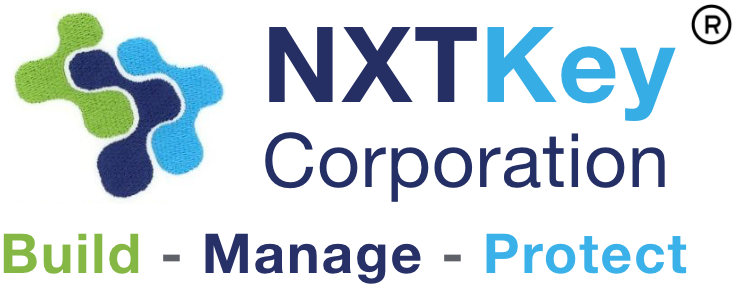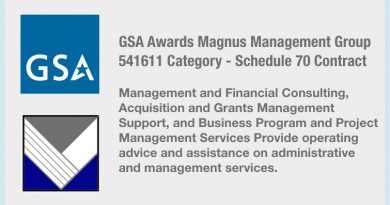Supply Chain Risks & Cybersecurity Technologies
TechNet Augusta Wednesday, August 21, 2:15 PM – 3:15 PM: Shivaji Sengupta was a panelist on the panel discussion titled “Supply Chain Risks & Cybersecurity Technologies“. This panel explored the critical intersection of supply chain management and cybersecurity. With increasing digital interconnectivity, supply chains have become more complex and vulnerable to various cyber threats. This session aimed to provide insights into the nature of these risks and the cutting-edge cybersecurity technologies that can help mitigate them.
Objectives
- Understand the evolving landscape of supply chain risks, particularly those related to cybersecurity.
- Identify key cybersecurity threats facing supply chains today.
- Discuss innovative cybersecurity technologies and strategies to protect supply chains.
- Share real-world examples and best practices from industry leaders.
- Encourage collaboration and knowledge sharing among supply chain and cybersecurity professionals.
Key Topics
- The Changing Landscape of Supply Chain Risks
- Overview of modern supply chains and their vulnerabilities.
- Impact of disruptions (e.g., pandemics, geopolitical tensions) on supply chain security.
- Cybersecurity Threats to Supply Chains
- Common cyber threats (e.g., malware, ransomware, phishing).
- The role of third-party vendors and the risks they introduce.
- Technological Solutions for Supply Chain Security
- Emerging cybersecurity technologies (e.g., AI and machine learning, blockchain, IoT security).
- The role of advanced threat detection and response systems.
- Benefits of end-to-end encryption and secure communication channels.
- Best Practices and Strategies
- Developing a robust cybersecurity framework for supply chains.
- Implementing risk management and incident response plans.
- The importance of continuous monitoring and regular security audits.
By bringing together experts from both supply chain and cybersecurity fields, this panel aims to foster a deeper understanding of the risks and the solutions necessary to protect modern supply chains in an increasingly digital world.

Here are some questions panelists addressed:
1. The Changing Landscape of Supply Chain Risks
- What new risks have emerged as a result of global disruptions, such as the COVID-19 pandemic, and how are organizations adapting to address them?
- With the increasing digitalization of supply chains, what do you see as the most significant vulnerabilities that organizations need to address?
- Are there specific industries or sectors that are more susceptible to these risks?
2. Cybersecurity Threats to Supply Chains
- What are the most common cybersecurity threats that you have observed targeting supply chains today?
- How have these threats evolved in recent years?
- The involvement of third-party vendors is often cited as a significant risk. How can organizations better manage and mitigate these third-party risks?
- What role do vendor contracts and agreements play in enforcing cybersecurity standards?
3. Technological Solutions for Supply Chain Security
- Which emerging cybersecurity technologies do you believe will have the most significant impact on securing supply chains in the next few years?
- How can AI and machine learning be effectively applied to detect and respond to supply chain cyber threats?
- Blockchain is often mentioned as a potential solution for enhancing supply chain security. What are the practical benefits and challenges of implementing blockchain in supply chains?
- Can you share examples of successful blockchain deployments in supply chain security?
- How important is IoT security in the context of supply chains, and what measures can be taken to secure connected devices?
4. Best Practices and Strategies
- What key components should be included in a robust cybersecurity framework for supply chains?
- How can organizations balance the need for security with the need for operational efficiency?
- What strategies do you recommend for developing and implementing an effective risk management and incident response plan for supply chains?
- How can organizations ensure that their plans remain effective in the face of evolving threats?
- Continuous monitoring and regular security audits are often highlighted as best practices. How should organizations structure these activities to be most effective?
- Are there any specific tools or methodologies you recommend for continuous monitoring and auditing?
5. Collaboration and Knowledge Sharing
- Given the interconnected nature of modern supply chains, how can organizations foster better collaboration between supply chain and cybersecurity professionals?
- What role do industry groups and public-private partnerships play in enhancing supply chain security?
- What are some examples of successful knowledge-sharing initiatives or collaborations that have significantly improved supply chain cybersecurity?




